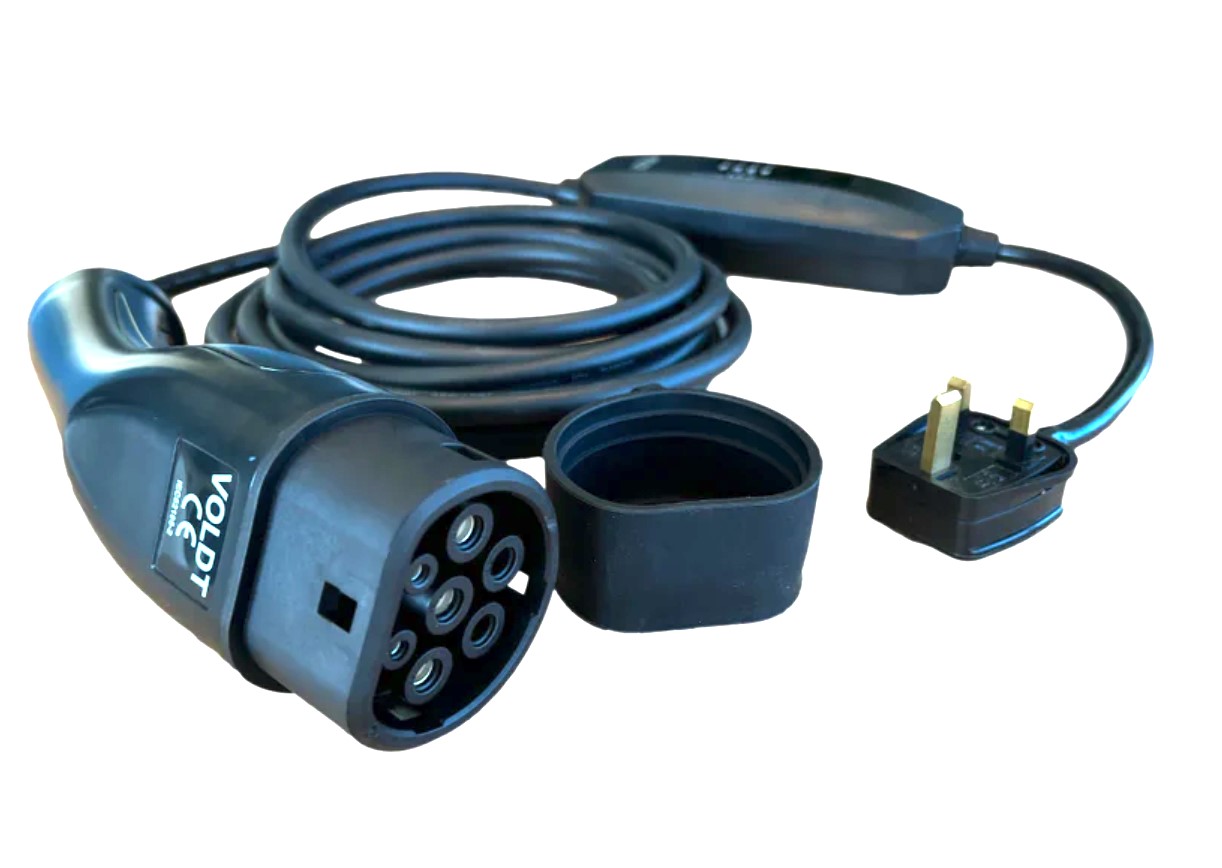A popular new technology that is being widely used within the aerospace industry is Friction Stir Welding (FSW), which has many advantages over other welding techniques that are used. In this paper, the author discusses how FSW has been implemented in the aerospace industry, the advantages and the problems it solves, underlining its function as a significant solution that helps reduce costs while simultaneously introducing improvements.
Advantages of Friction Stir Welding in aerospace
Besides, it is worthy of mentioning that FSW has several benefits when applied to aerospace.
Friction Stir Welding is particularly valuable in aerospace due to its unique benefits:
One of the ways of efficiently using it in the making of aluminum alloys is by the process noting the following advantage. In the aerospace industry, especially for constructing the airframes, aluminum alloys are widely used due to their lightweight and high strength to weight ratio, which are useful in increasing payload and fuel efficiency. When using traditional fusion welding methods which include GMAW, GTAW, SMAW, and SAW, there are some defects and weaknesses that are produced in aluminum alloys. On the other hand, FSW provides sound and quality welds in aluminum structures devoid of defects. This method of welding reduces imperfections such as porosity and at the same time enables a cost-effective process since there is little or no need for additional processes such as repair welds.
Better strength, undermining and resistance to forces. This is particularly important for applications where high mechanical strength and load-bearing capability is needed such as aerospace applications. FSW differs from the usual welding processes because it does not involve the creation of a molten pool which results in the preservation of the material’s properties and prevents cases of thermal expansion and contraction. This leads to the generation of high-quality welds that can stand the pressure of aerospace environment conditions such as pressuring and high temperature.
Lower expenses in its primary materials and the manufacturing expenses. Another one of the primary benefits of FSW is improvement in the buy-to-fly ratio, which is the ratio of the weight of the raw material to the weight of the final part. The utilization of FSW in manufacturing is also an added advantage since it helps in cutting down on wastes as well as machining time, hence lowering the cost greatly. For instance, FSW facilitates the creation of complicated aerospace parts from aluminum extrusions while reducing the amount of raw material and machining time.
Use of Friction Stir Welding in aerospace applications
FSW is already making a substantial impact in the aerospace sector through various applications:
Hydrogen tank manufacturing In space application, FSW is used mainly in the production of hydrogen tanks. These tanks are essential to space launchers and are, as a rule, made of aluminum. Several benefits of FSW for this application include lower cost than composite tanks, and safer material than steel tanks. It generates water-proof tanks with enhanced mechanical strength besides fatigue resistance which are crucial in space traveling.
Riveting replacement In conventional fabrication practice for aerospace structures, rivets are used for joining assemblies, which may result in added mass and adverse features such as defects. FSW addresses this problem by substituting rivets with strong non-industrial welds. This method is most advantageous in welding high-strength aluminum alloys, which tend to crack by using other welding processes. By replacing the need for rivets properly, FSW delivers a lighter design, yet stronger and more fatigue resistant and even waterproof.
Copper component welding FSW is also used to weld copper parts in space applications inclusive of bus bars that are vital in the circulation of electricity. It is shown that FSW makes it possible for manufacturers to produce seamless welds of copper and aluminum to remove screws that take much time, energy, and money. This has the effect of reducing costs, increasing electrical conductivity, and increasing the mechanical properties of the respective material.
Challenges and considerations
Despite its advantages, FSW presents some challenges that need to be addressed:
Tool wear and maintenance Here it can be noted that FSW tools and dies experience high forces and temperatures, resulting in tool wear. It is also correct that periodic maintenance and replacement of the worn-out tools are important in order to achieve good quality welds. The latest technologies reveal that there is always a way of increasing the tool durations and at the same time, the manufacturing companies have to put into consideration the costs and the frequency of turning the tools around for repairs and renewal.
Process optimization and control In order to attain the best performance while using FSW, several factors such as the tool profile, spindle speed, feed rate, and downward force can be controlled. These parameters must be selected properly depending on material type and joint design for achieving high quality of welds in aerospace structures manufacturing. Current and future research and development are directed to process control and product automation to increase process control and standardization.
Here the choice of material used for pipe and fitting bodies and compatibility of materials of both pipe and fittings during fabrication plays a crucial role in deciding the joint design of pipes and fittings. The data shows that FSW is suitable for various materials types; however, compatibility and joint design pose several challenges. Since aerospace parts require particular materials and shapes, FSW processes and tool designs must be specific for their application in these products. Compatibility on one hand and design compatibility on the other hand are some of the challenges that need to be met to produce the intended performance and reliability.







